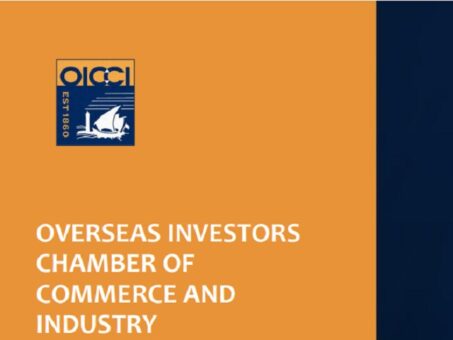The Overseas Chamber of Commerce and Industry (OICCI), representing foreign investors and multinational companies in Pakistan, has proposed the imposition of an additional advance tax of Rs100,000 on all types of motor vehicles sold before registration.
The chamber aims to discourage the sale and purchase of vehicles in the market at a premium, both before and after a certain period of the registration stage.
In its tax proposals for the upcoming budget (2019/2020), the OICCI suggested that this additional advance tax could be an effective deterrent for such transactions. The chamber emphasized the need to streamline the collection of withholding income tax under Section 231B of the Income Tax Ordinance, 2001, specifically for locally manufactured vehicles.
The OICCI recommended that the motor registration authorities collect the withholding income tax, similar to the process for imported vehicles. This change aims to reduce procedural hassles for consumers. Additionally, the OICCI proposed an increase in the advance income tax applicable to transferred vehicles within six months of their initial registration.
The chamber highlighted the importance of streamlining the collection of withholding income tax under Section 231B and suggested that data reconciliation should be carried out at the registration stage by the Excise and Taxation departments of respective provinces.
In the context of the automotive sector, the OICCI called for a reduction in the minimum tax under Section 113 for authorized dealers of vehicle manufacturers. It also recommended an exemption from withholding tax under Section 231B on sales to dealers. Currently, turnover tax at 1.25 percent under Section 113 and withholding tax at 4 percent/4.5 percent under Section 153 is hindering the development of a wholesale-retail mechanism in the automotive industry.
Under the existing mechanism, dealers earn a commission of around 2 percent of the sales price, subject to withholding income tax at 12 percent under the final tax regime. To encourage the implementation of a wholesale-retail mechanism, the OICCI suggested reducing the minimum tax under Section 113 from 1.25 percent to 0.25 percent on the turnover of authorized dealers of vehicle manufacturers, aligning it with the practice allowed for motorcycle dealers and distributors of various industries.
The OICCI’s proposal aims to promote a wholesale-retail model, enhancing volumes through increased stock availability and healthy competition. This shift in the automotive industry’s structure is expected to improve documentation, expand the tax base, and increase the overall tax-to-income ratio. The income of dealers would be subject to regular taxation, encouraging tax compliance and audit practices.
